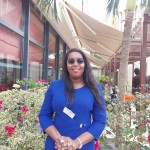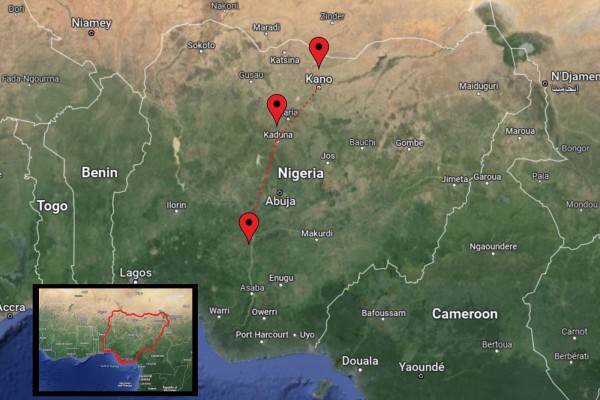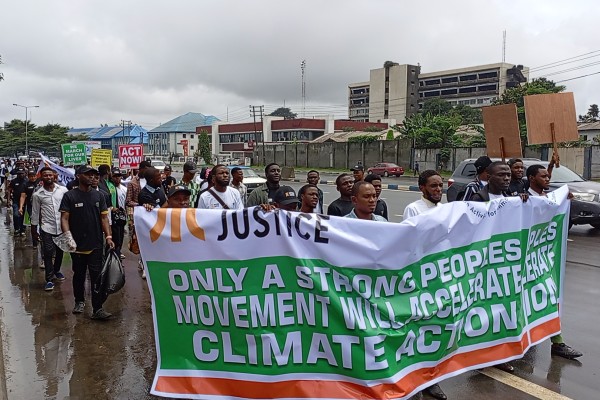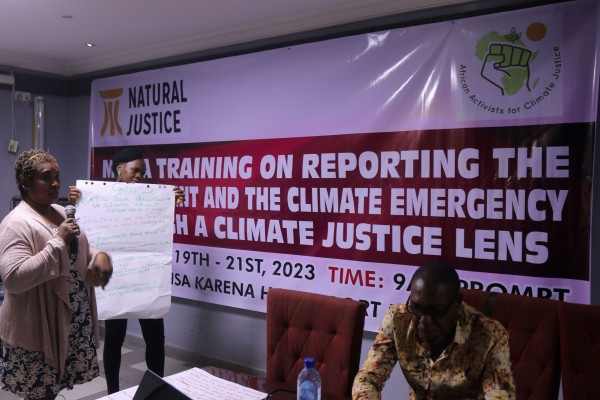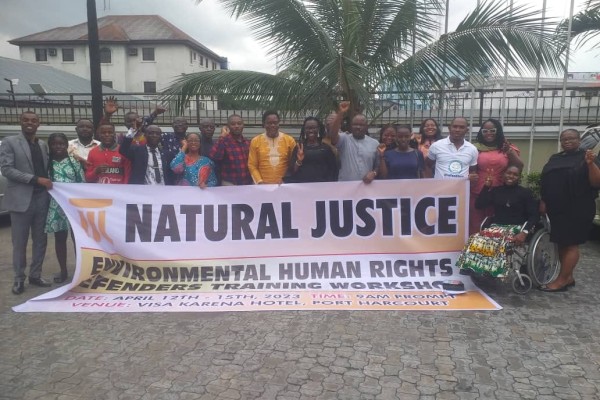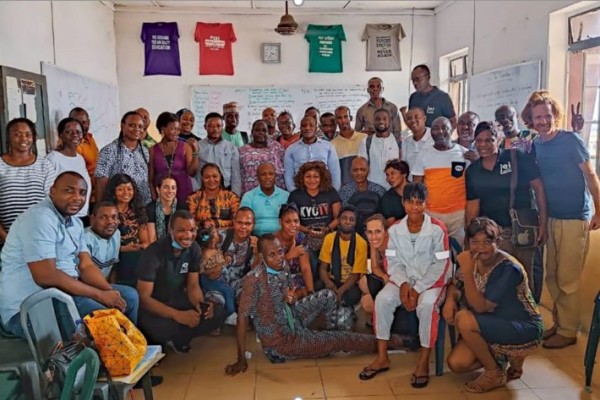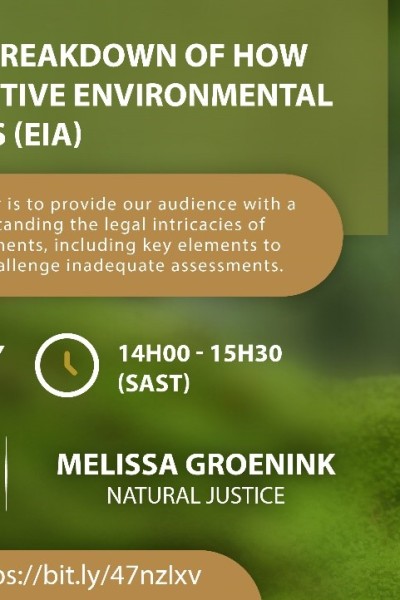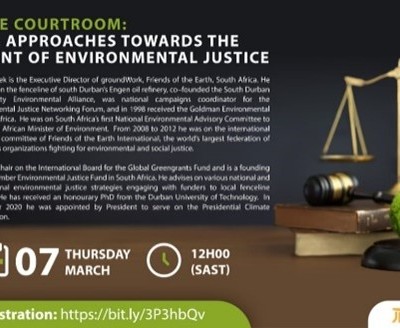Nigeria is the most populous country on the African continent and has the largest economy in Africa, with a land mass of over 920 square kilometers, and a coastline spanning 853 kilometers.
The country is home to approximately 250 distinct ethnic groups who speak over 500 different languages. It is made up of agrarian communities and majority of rural dwellers in all parts of the country derive their income from its rich biodiversity and agriculture. However, with its growing population, urbanization and industrialization, vast tracts of forests and the ecosystem are being degraded and lost at an alarming rate.
Nigeria is also the biggest oil and gas producing country in Africa. Current oil reserves stand at 37.2 billion barrels and gas reserves currently stand at 202 trillion cubic feet. Oil and gas contribute nearly 90% of Nigeria’s foreign exchange earnings and 20% of its GDP.
But the extraction of oil and gas continues to have devastating consequences for the environment, peoples’ lives and local livelihoods, leading to conflicts between communities and oil and gas companies on the one, hand and communities and state security agents on the other. Despite natural resource abundance, the majority of Nigerians are living in poverty, while major swathes of Nigeria still lack access to energy for electricity, heating, and cooking. These factors led to the formation of ethnic based movements fighting to resist destructive extractive activities and demanding greater benefits from resources extracted from their lands. Many of these movements are currently weak or have been compromised by the Nigerian state and multinational corporations.
Our work in Nigeria aims to:
- Empower land and environmental rights defenders, women, and indigenous communities to understand the law and take legal action to protect their rights to land and a healthy sustainable environment.
- Collaborate with decision makers at state and local government levels to pursue sustainable and climate just energy policies that enhance the provision of clean, renewable, decentralized and community owned energy generation and distribution infrastructure, and to resist national policies that prioritize fossil fuels and profit, over people and planet.
- Build a strong movement of communities, labor unions, human and environmental rights defenders, women, and CSOS to defend the environment and campaign for climate justice in Nigeria.

